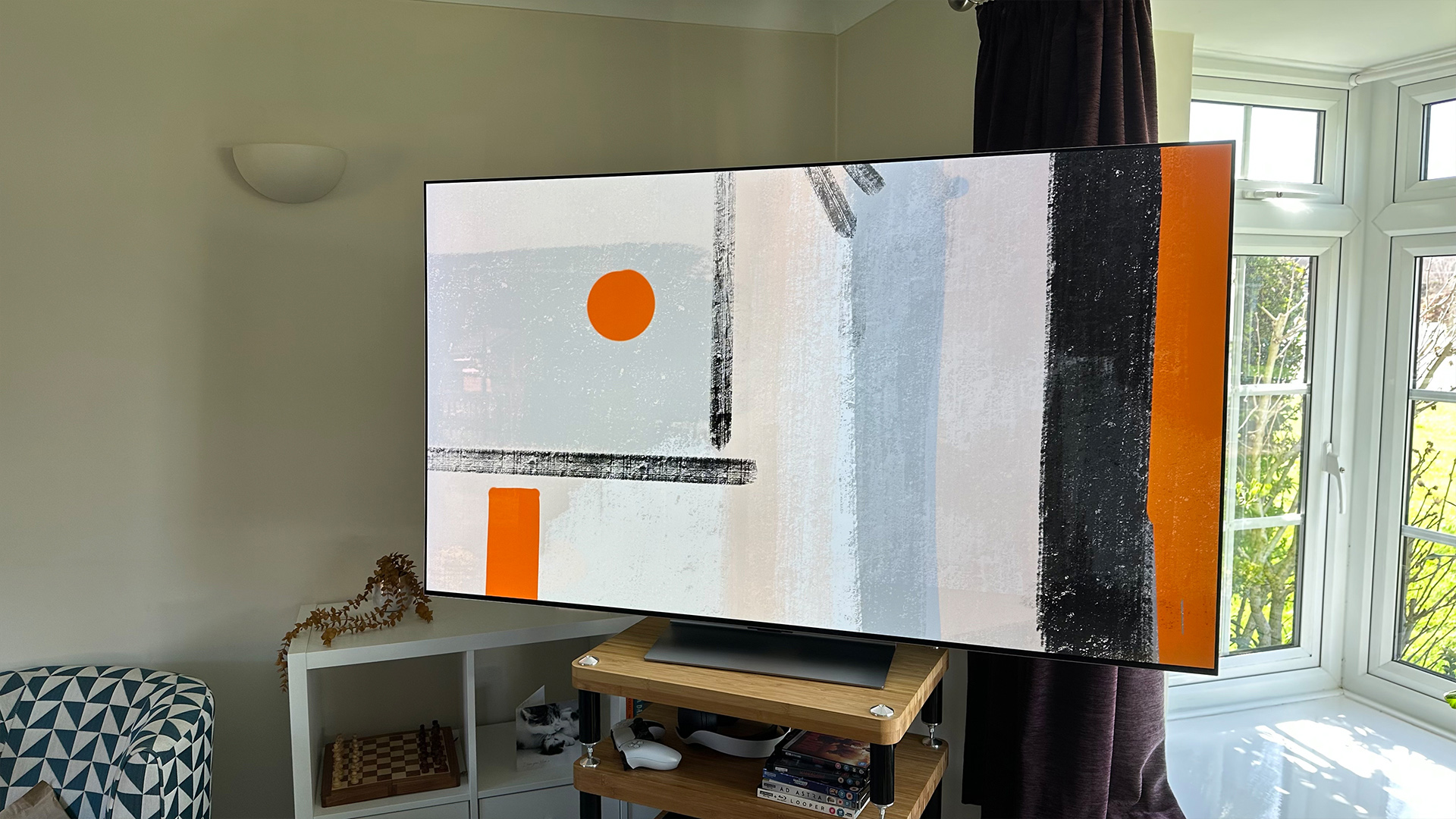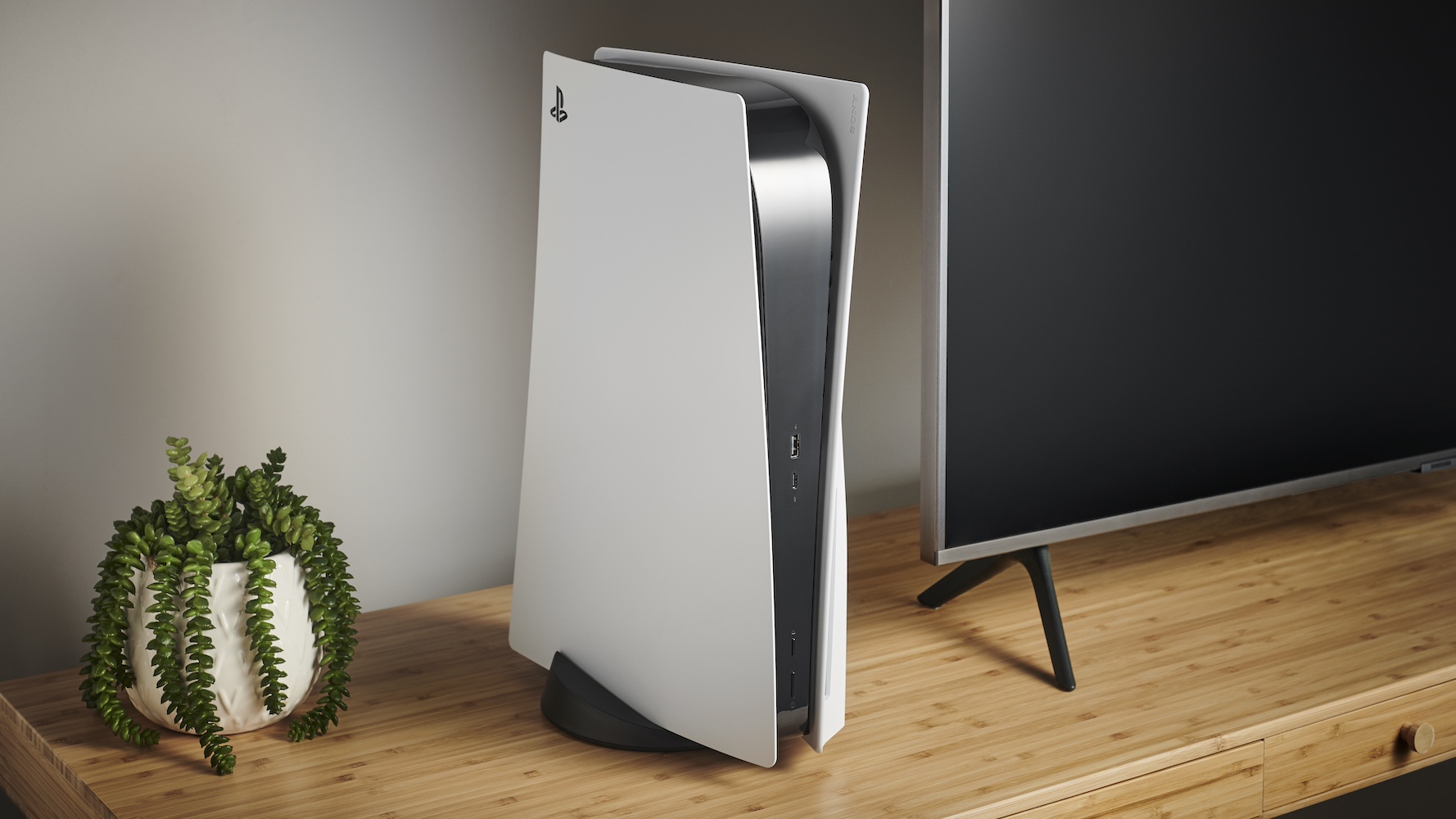2023 is not the year of next-generation OLEDs that I had hoped for (so far)
MLA and QD-OLED TVs are yet to dethrone our traditional OLED favourites

2023 was supposed to be the year for OLED TVs, and yet, eight months in, I'm feeling a little bit let down. Second-generation QD-OLEDs from Samsung and MLA-equipped OLED panels courtesy of LG were destined to revolutionise OLED TVs with enhanced brightness, improved contrast and punchier colours, and while I can't deny that those objectives have been achieved at least somewhat, it's somehow still not quite the pivotal year for OLEDs that I had envisioned.
Taking us back to March of this year, things started strong, with the LG G3 scooping up five stars thanks to its supreme image quality. LG delivered on the promise of higher brightness and introduced more vibrant highlights than ever seen before on an OLED TV. So why am I grumbling about it being a disappointing year for OLEDs if it started so strong? Well, it just so happens that almost everything that's come after it has been a bit of a letdown in some way or another.
To clarify, the TVs I'm about to mention are by no means bad products, they just haven't lived up to the lofty claims or their stellar predecessors in the way I'd hoped.
Sticking with LG, the first disappointment of the year was the LG C3. The successor to the five-star, Award-sweeping LG C2 offered almost nothing in the way of picture upgrades and yet it cost a fair bit more here in the UK.
What's more, when the C3 came out, the C2 was still on sale and discounted to the max, which quickly led the C3 to become a cautionary tale of why we don't always recommend buying a new TV right away.
Moving onto the special OLED variants that we've tested so far this year, we have the Samsung S95C. QD-OLED made its debut last year after Samsung had the admittedly genius idea of combining a layer of Quantum Dots onto an OLED panel for an even brighter and more vivid image. To its credit, QD-OLED dazzled us when we saw it in action on the S95B and Sony A95K, and hopes were high for the Samsung S95C. Since then, of course, we have reviewed the S95C, and while it's technically very impressive, it didn't quite live up to expectations.
There's plenty to like about the S95C, and it earned an admirable four-star review from us, but it lacks subtlety in its picture; even after intensive fiddling in the picture settings, we found that it struggled to maintain a balance between subtlety and dynamism. We were also met with issues such as crushing blacks in shadowy scenes, overcooked colours on certain objects and subjects on screen, and motion being handled better by rivals too.
Get the What Hi-Fi? Newsletter
The latest hi-fi, home cinema and tech news, reviews, buying advice and deals, direct to your inbox.
As for Sony's upcoming QD-OLED set, I'm still looking forward to seeing A95L in action, as my colleague Tom Parsons recently gushed about it in his recent Sony A95L hands-on. That being said, Sony has since revealed pricing for the A95L in the UK and it's had a whopping price increase over the outgoing A95K model, despite the price actually having been reduced in the US, and that's put me off somewhat.
As for the rest of the MLA-equipped sets, we're still waiting on most of those to hit shops. We know that Panasonic is coming out with 55- and 65-inch MZ2000 later this year and that Philips has the OLED908 on the way, but as of right now, the only real option is the LG G3.
While I've mentioned that a number of sets have failed to really push things on from their predecessors or haven't quite delivered on their game-changing promises, there's an even greater factor working against the new batch of next-gen OLED TVs, and that's the Sony A80L. The A80L uses a regular OLED panel with no fancy prefixes, yet it's stormed ahead, with a picture that balances bold dynamics and impressive detail and sharpness with the appropriate touch of authenticity and subtlety required to create an engaging, cinematic image. Heck, it even sounds better than both of the LGs and the Samsung that I've mentioned, with a spacious and atmospheric presentation that the comparatively crumby G3 and S95C just can't muster.
So, what's gone wrong? Nothing really – I just think it might be the case that both MLA and QD-OLED need a little more time to hit their respective strides. It's not the tech that counts, but how you use it, and once more models go on sale for both technologies, we'll likely see further developments and refinement, ultimately resulting in the promised land of new OLEDs that was alluded to at the beginning of this year.
As of right now, though, traditional OLED TVs are holding their own, with the Sony A80L coming in just below the beloved LG C2 in our rankings, and only because the latter, as a year-old TV, is available for significantly less money.
MORE:
Check out our picks for the best OLED TVs
As well as our picks for the best Sony TVs
And find the best TV deals here
Lewis Empson is a Senior Staff Writer on What Hi-Fi?. He was previously Gaming and Digital editor for Cardiff University's 'Quench Magazine', Lewis graduated in 2021 and has since worked on a selection of lifestyle magazines and regional newspapers. Outside of work, he enjoys gaming, gigs and regular cinema trips.
-
Combat I appreciate an article from What HiFi where its not about how the next gen smashes the last gen.Reply -
Marianghibu HelloReply
I'm about to buy a new tv, 55 inches hanged on the wall
First I've seen Philips OLED 807 at 1100e+ 60e mounting sistem. After that I've read about LG G2 at 1300e and the G3 at 1950e. It's worth the big difference? What do you recommend. -
GSV Ethics Gradient Reply
Best to ask in the appropriate section. This section gets little traffic, and the magazine doesn't tend to reply.Marianghibu said:Hello
I'm about to buy a new tv, 55 inches hanged on the wall
First I've seen Philips OLED 807 at 1100e+ 60e mounting sistem. After that I've read about LG G2 at 1300e and the G3 at 1950e. It's worth the big difference? What do you recommend.
